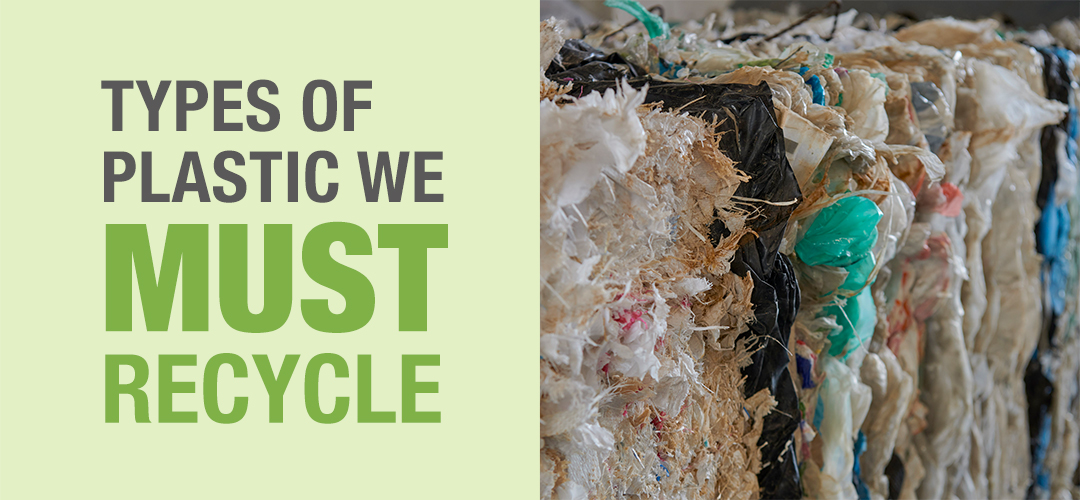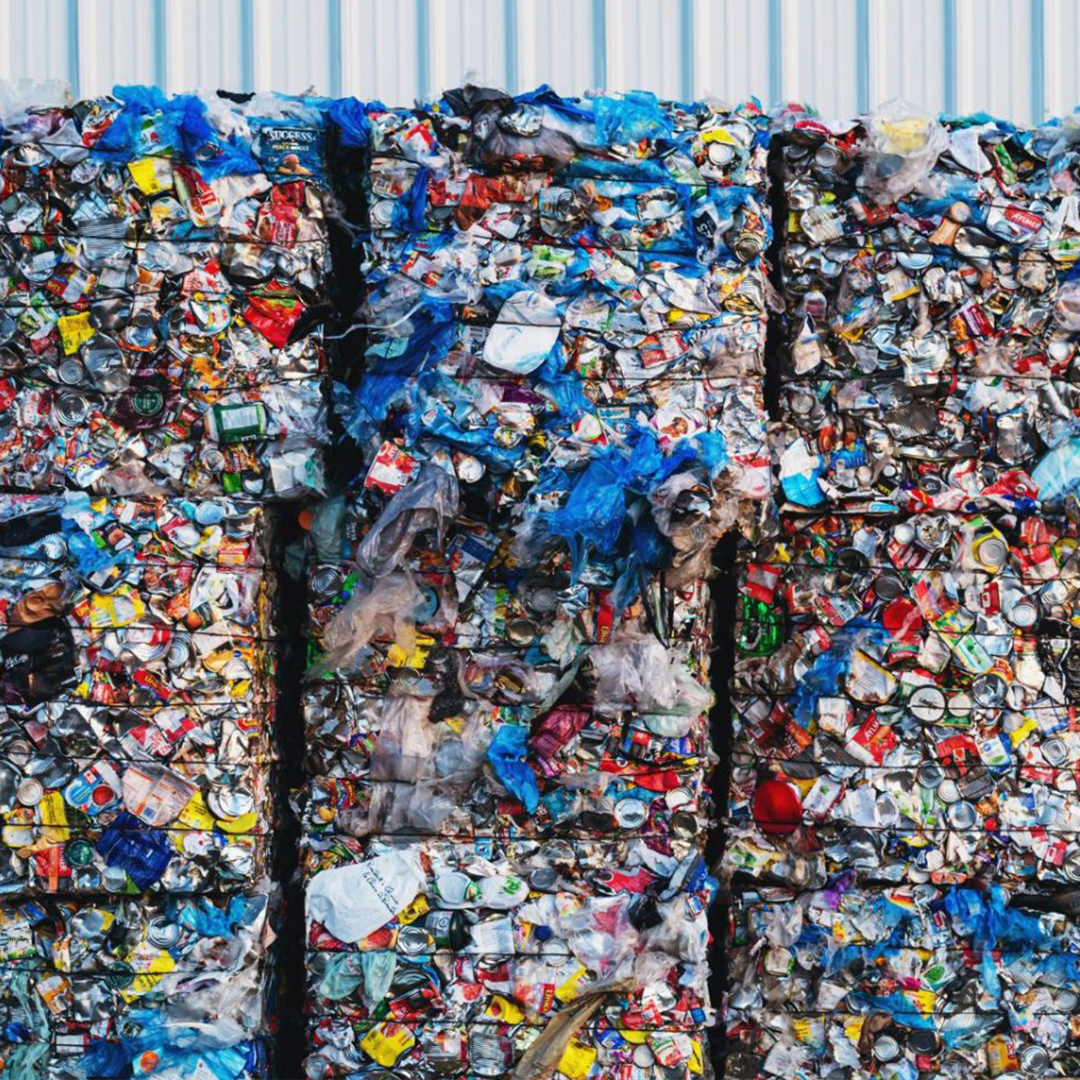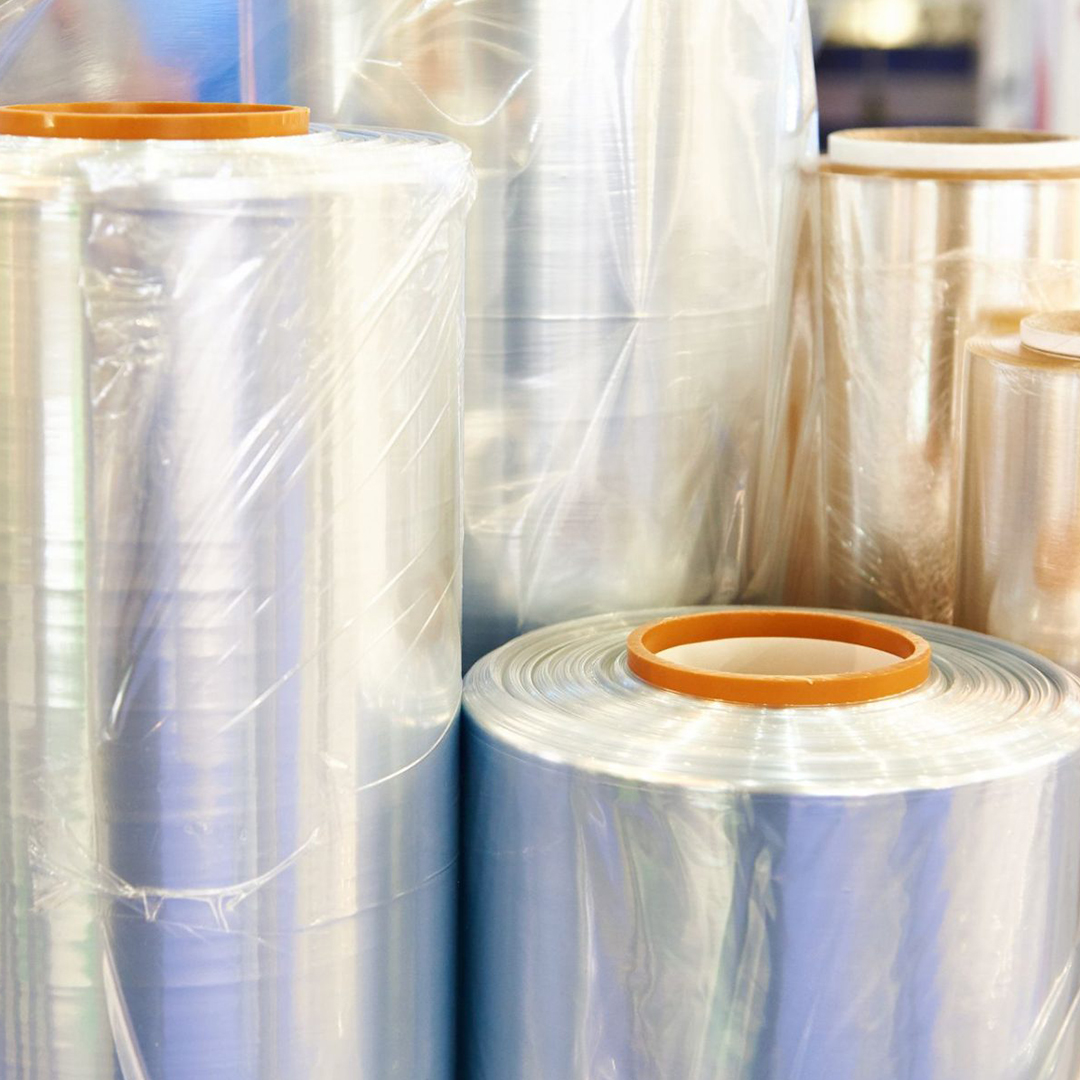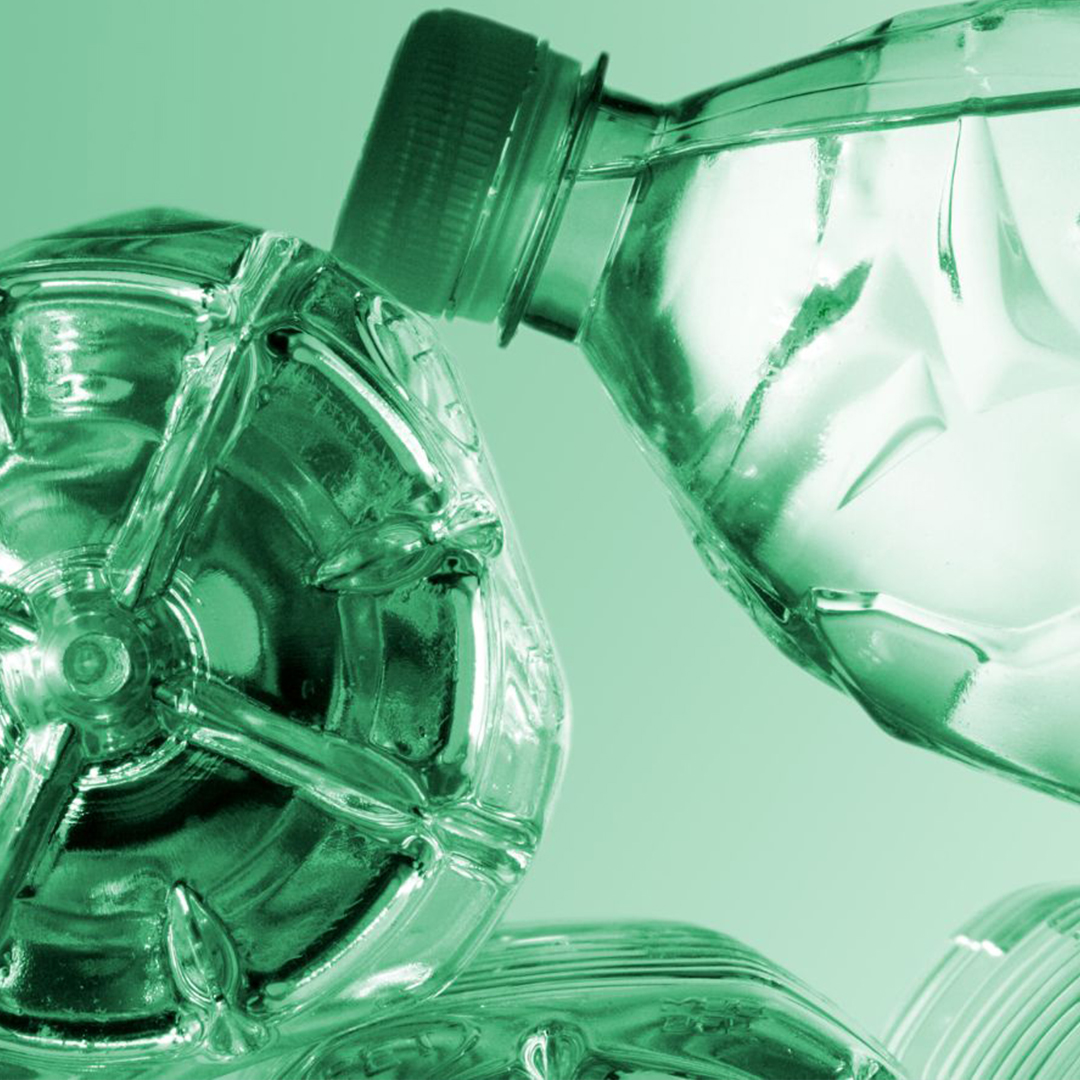insights
Types of plastic we must recycle

The improper disposal of plastic waste poses a significant environmental challenge. Globally, only 9% of plastic waste is recycled, while 50% goes directly to landfills, 19% is incinerated, and 22% is mismanaged, ending up in uncontrolled dumpsites or marine ecosystems.
Understanding the various types of plastic waste enables us to make informed decisions on how to maximize recycling efforts in our communities and businesses, reducing their environmental impact.
Review the following list to learn which types of plastics must be recycled and contribute to a more sustainable future.

Post-consumer plastics
Post-consumer plastics come from items that consumers use and discard, such as packaging, bottles, and containers. These plastics are collected through recycling programs and undergo processing to be reused in new products. Recycling post-consumer plastics reduces waste and conserves resources.

Post-industrial plastics
Post-industrial plastics are a byproduct of manufacturing, consisting of scraps, offcuts, and defective parts. These plastics undergo collection, sorting, and recycling back into the manufacturing process. Recycling post-industrial plastics minimizes waste and reduces reliance on raw materials.

Bottle Recycling
Plastic bottles, whether used for water, soda, or other beverages, are a significant source of plastic waste. Bottle recycling involves collecting, sorting, and processing to manufacture new products. Recycling plastic bottles helps mitigate pollution and preserve energy and resources.

Special Materials
Certain types of plastics, like those in electronics, medical devices, or automotive parts, have unique properties or applications, requiring specialized procedures for proper recycling and reuse. Recycling special materials recovers valuable resources and reduces the environmental impact of their disposal.
Contact our team to learn more about plastic recycling and how you can make a difference.